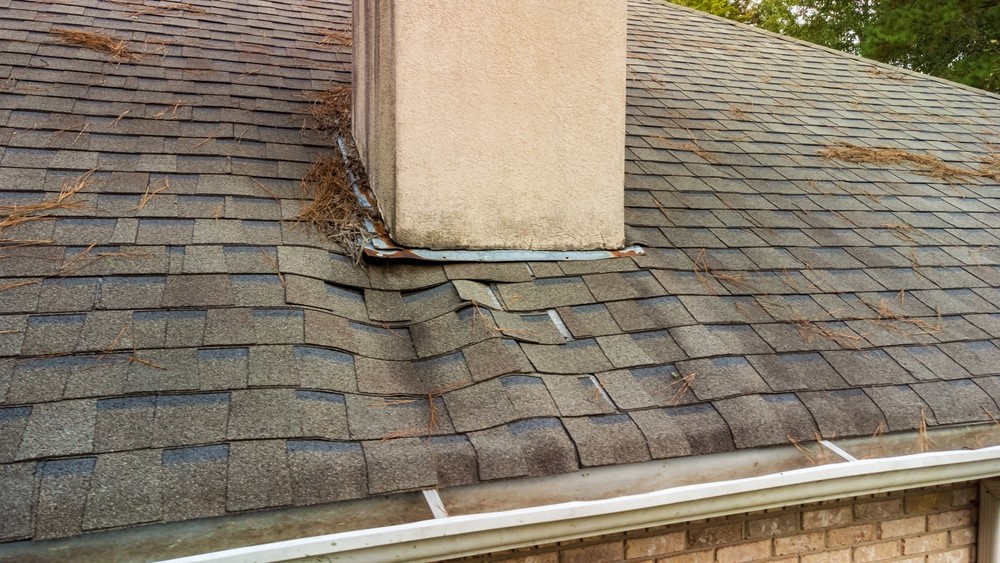There are many systems available. Some are as simple as a rain barrel, while others, like underground tanks with pumps for household use, are more complicated.
Why Consider Water Collection
There are many reasons to install one of these systems.- Savings: The average American family of four uses up about 400 gallons of water per day. Using rainwater instead relying on a utility company will cut that water bill down quickly.
- Environment: This is one of the more environmentally friendly remodeling options. When rain is diverted into a storage container instead of allowed to drain into storm sewers, there will be less erosion to the landscape and less pollution will make its way into the water table. Flooding can also be avoided by putting less of a burden on the city sewage system.
- Better Water Quality: Because the homeowner is responsible for their water filtration, overall water quality from collected water can be higher than what comes from city water.
How to Calculate Savings
Installing a large system can be a very costly endeavor, possibly costing around $10,000-$15,000 for a 1000 gallon tank. How can the homeowner be sure their investment will pay off?The first step is calculating water usage and the cost of water in the area. The history of rainfall is also important to how much can be collected.
Generally most systems pay themselves off in 5 to 10 years, depending on usage. Usually, tanks have warranties for 50 years, and pumps last for 5 to 10 years. For the most part, the system is maintenance-free.
What to Expect
Systems are made up of a collection tank with filters and pumps to send water to where it needs to go.If the system is complex, installation can be expected to take about 5 days. For typical systems, it would only take 2 or 3 days. More often than not, specialty companies contract this type of work out, but landscapers or engineering forms will sometimes offer the service.
As with all home improvement projects, pros and cons need to be weighed, but water collection is almost always a good direction to take.Subscribe to Quarve Contracting's Blog







Comments